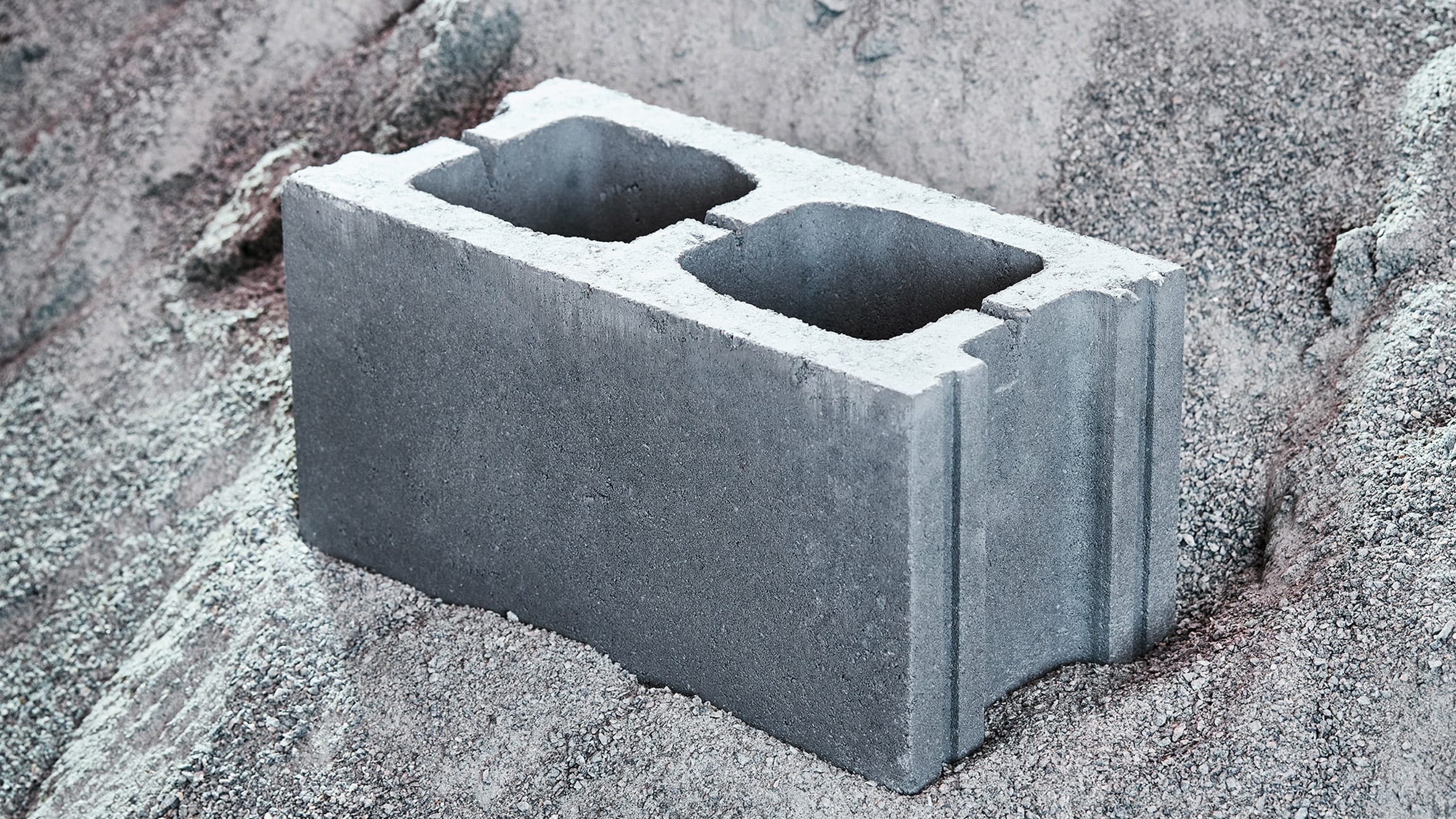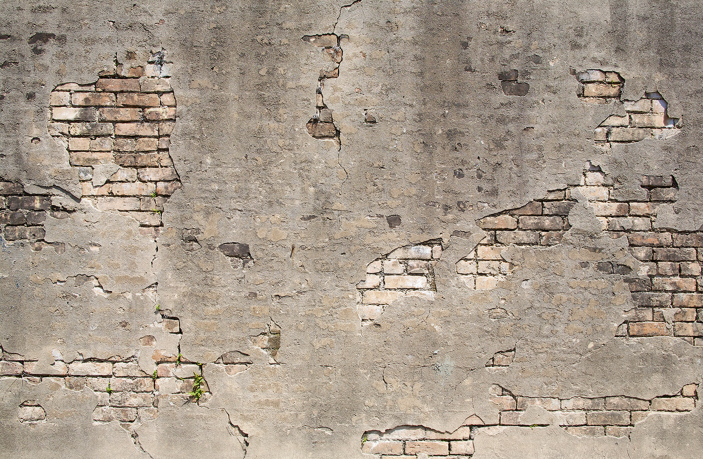Comprehensive Overview to Concrete: From Installation to Ending Up Touches
Revealing the Eco-Friendly Advantages of Utilizing Recycled Concrete in Sustainable Building And Construction Practices
In the realm of lasting construction practices, the application of recycled concrete stands as a pivotal yet usually undervalued resource. Past its traditional applications, recycled concrete offers a myriad of environment-friendly benefits that expand much past the boundaries of traditional building and construction materials. From minimizing ecological impact to enhancing cost-efficiency, the implications of incorporating recycled concrete in sustainable structure practices are significant. This functional product not only addresses pushing ecological worries yet also presents a sensible option to the difficulties dealt with by the building and construction industry at huge.
Ecological Advantages
Undoubtedly, one of one of the most substantial advantages of using recycled concrete is its favorable influence on the setting. By integrating recycled concrete into building and construction techniques, there is a substantial decrease in the requirement for brand-new resources, leading to conservation of natural deposits. This procedure helps in preserving aggregates, water, and energy that would certainly have been used in generating brand-new concrete. In addition, making use of recycled concrete lessens the quantity of waste being sent to landfills, thus minimizing environmental contamination and relieving the pressure on land fill capacities.

In contrast, recycled concrete has a reduced carbon impact as it minimizes the demand for new concrete production. Generally, the ecological advantages of making use of recycled concrete are substantial and play a crucial function in advertising environmentally friendly building methods.
Cost-Efficiency
When examining the use of recycled concrete in building jobs,Attaining cost-efficiency is an extremely important consideration. One of the essential advantages of utilizing recycled concrete is its cost-effectiveness contrasted to traditional concrete. The production of recycled concrete includes much less energy and resources as it utilizes existing products, minimizing the overall job expenses dramatically. Furthermore, the accessibility of recycled concrete locally can better lower transport costs, making it a more affordable option for construction jobs.
In addition, using recycled concrete can cause financial savings in garbage dump prices by diverting concrete waste from disposal sites. This not only decreases the ecological impact yet also eliminates the prices connected with waste removal. The durability and efficiency of recycled concrete are similar to conventional concrete, her explanation guaranteeing that cost financial savings do not endanger the quality of the construction.
Longevity and Strength
Recycled concrete deals similar, if not premium, durability and toughness properties to standard concrete - Concrete. Through developments in handling techniques and top quality control, recycled concrete can satisfy or surpass the efficiency standards of conventional concrete.

Waste Decrease
When it comes to utilizing recycled concrete, waste reduction is a crucial advantage that contributes dramatically to ecological conservation. By including recycled concrete into construction projects, this waste is repurposed and diverted from landfills, decreasing the total environmental influence of building activities.
Recycled concrete not just assists in reducing the amount of waste that finishes up in landfills but also preserves natural deposits by reducing the demand for brand-new accumulated products. This procedure of waste decrease promotes a circular economic climate within the building market, where materials are recycled and reused to develop a much more lasting sector. Furthermore, using recycled concrete can bring about set you back savings for building and construction projects, as it is usually extra budget friendly than sourcing and delivering brand-new products. Finally, waste decrease via the usage of recycled concrete is an essential element of lasting building and construction techniques that benefits both the atmosphere and the building industry find here in its entirety.
Energy Preservation
When it comes to making use of recycled concrete in construction, substantial energy cost savings are accomplished compared to typical concrete production. The procedure of generating recycled concrete entails recycling and crushing existing concrete materials, which consumes much less power than mining, processing, and transferring raw products for new concrete production.
Verdict
In verdict, the utilization of recycled concrete in sustainable construction methods uses various environmental benefits, cost-efficiency, toughness, toughness, waste decrease, and energy conservation. By including recycled concrete into building and construction tasks, we can add to a much more eco friendly and lasting future. It is important for the construction sector to prioritize the use of recycled materials to help in reducing the environmental impact of building and construction activities.
One check it out of the crucial benefits of using recycled concrete is its cost-effectiveness contrasted to traditional concrete.Furthermore, the usage of recycled concrete can lead to cost savings in garbage dump costs by drawing away concrete waste from disposal websites. The longevity and efficiency of recycled concrete are comparable to traditional concrete, making certain that price savings do not jeopardize the top quality of the building and construction.
